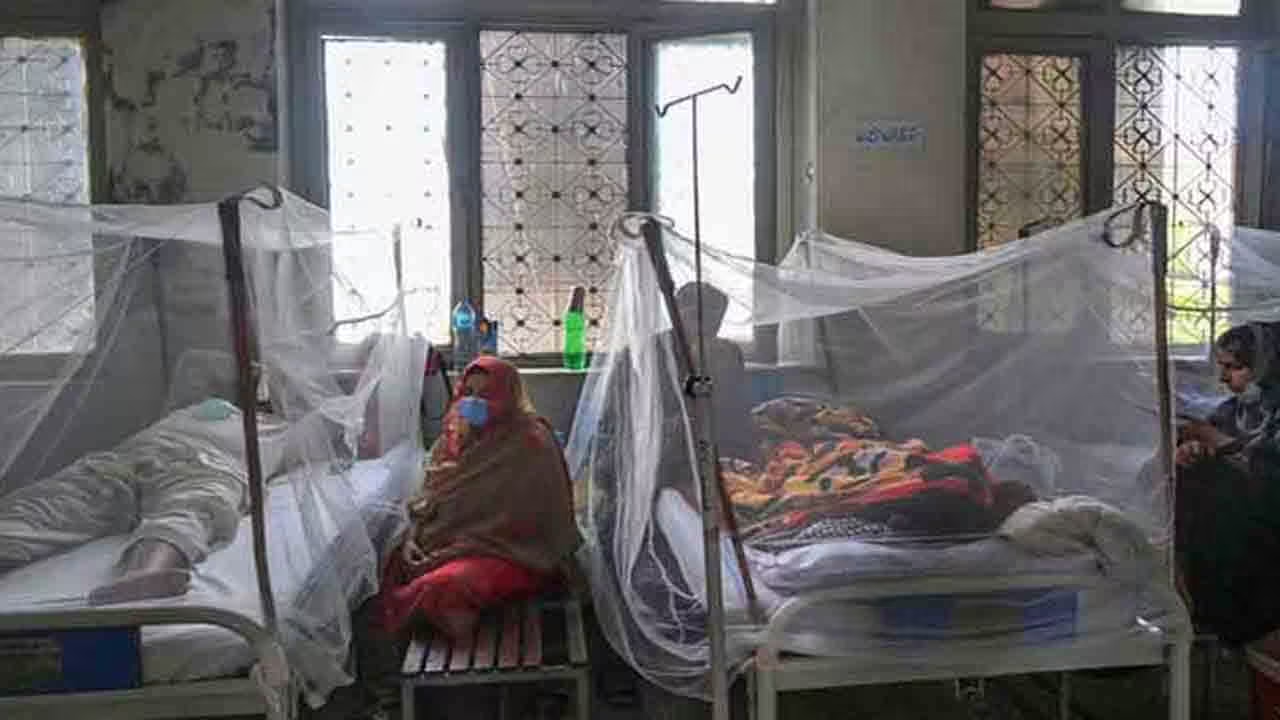The Department of Primary and Secondary Health Care in Punjab has recently released alarming data on the rise of dengue cases across the province. According to a health department spokesperson, a total of 528 dengue cases were recorded within just one week. This sharp increase brings the total number of dengue cases in the region to 1,371 for the year so far.
Dengue Cases Across Different Cities
In the last 24 hours alone, Rawalpindi reported 107 new cases of dengue, followed by Lahore with six new cases. Other cities in the province also saw a notable rise in dengue cases, albeit in smaller numbers. Gujranwala recorded three cases, while Faisalabad, Sargodha, and Attock each reported two cases. Additionally, one case was reported from Jhelum, Kasur, Multan, and Mandi Bahauddin, indicating that the dengue virus is spreading across multiple districts in the province.
This consistent rise in cases highlights the growing concern of a potential dengue outbreak in Punjab, particularly in urban areas like Rawalpindi and Lahore. Rawalpindi has consistently reported the highest number of cases, which raises concerns about how the virus is being controlled in that region.
Preventive Measures by the Health Department
In response to this surge, the Department of Primary and Secondary Health Care has assured the public that they are taking all necessary steps to combat the spread of dengue. The department has already initiated preventive measures to control the outbreak. All government hospitals in Punjab are well-stocked with essential dengue medicines, and emergency arrangements have been put in place to treat patients effectively.
The health department’s spokesperson reiterated that the government is leaving no stone unturned in ensuring that hospitals and health care centers are equipped with the necessary facilities and resources to handle dengue cases. They emphasized that comprehensive preparations have been made to counter the virus, from medical supplies to trained personnel.
Dengue and Its Impact on Public Health
Dengue fever is a viral disease transmitted by mosquitoes, particularly the Aedes aegypti species, which thrives in warm, humid climates and stagnant water. The rise in dengue cases during the rainy season is a well-known phenomenon, as standing water provides breeding grounds for mosquitoes.
Symptoms of dengue fever include high fever, severe headaches, muscle and joint pains, skin rashes, and bleeding tendencies. In severe cases, it can progress to dengue hemorrhagic fever or dengue shock syndrome, both of which can be fatal without proper treatment.
The rapid increase in dengue cases poses a significant risk to public health, especially with the ongoing challenges posed by the COVID-19 pandemic. Hospitals and healthcare facilities are already under pressure, and the rising number of dengue patients may further burden the system.
Call for Public Cooperation
While the government and health officials have undertaken multiple efforts to curb the spread of dengue, they are also urging the public to take preventive measures on an individual level. Citizens are encouraged to eliminate stagnant water sources from their homes and surrounding areas, as these are breeding grounds for mosquitoes. This includes regular cleaning of water tanks, covering water containers, and ensuring proper disposal of waste.
Health officials have also stressed the importance of using mosquito repellents, wearing full-sleeved clothing, and installing mosquito nets, especially in areas that have reported high cases. Public awareness campaigns regarding the prevention and early detection of dengue are being ramped up by the health department.
In addition, the health department has launched anti-dengue campaigns to raise awareness among the public. These campaigns aim to educate citizens on preventive measures they can take to protect themselves and their families from dengue fever.
The rising number of dengue cases in Punjab is a growing concern for both health officials and the public. With over 1,371 cases reported so far this year, and 528 cases recorded in just one week, the provincial health department is working to control the spread of the virus. While government hospitals are prepared and preventive measures are in place, public cooperation is essential to curbing the outbreak. It is crucial for individuals to remain vigilant and take all necessary precautions to prevent further spread of the disease. The government’s efforts, coupled with responsible actions by citizens, can play a key role in controlling the ongoing dengue crisis in Punjab.



